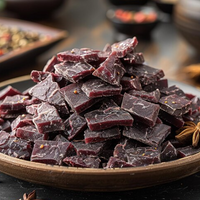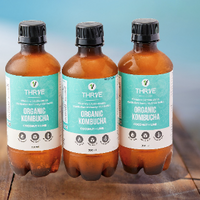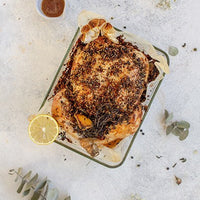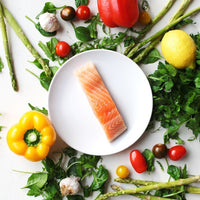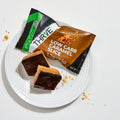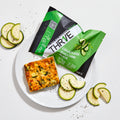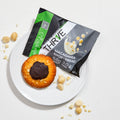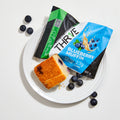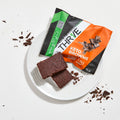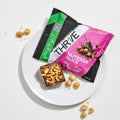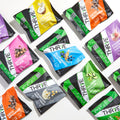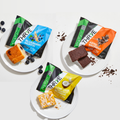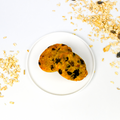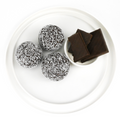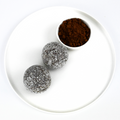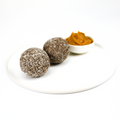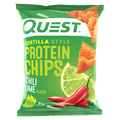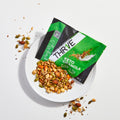The anti-inflammatory diet is trending and it’s certainly no fad. Experts believe that by eating the right foods, you can help ease inflammation and reap the long-term benefits. But can cutting carbs amplify the impact?

What is inflammation, anyway?
Often people associate inflammation with, say, sore muscles from a workout. This is what’s called acute inflammation. “This is our body’s natural response to protecting and repairing – whether it’s from an infection or strained muscle,” says nutritionist Shannon Young. “Acute inflammation generally starts fast and escalates quickly. However, signs and symptoms are normally only present for a few days to a few weeks.” For the most part, this kind of inflammation is actually a good thing – without it you wouldn’t heal.
However, there is another type of inflammation which we need to watch out for. “Chronic inflammation is not part of our body’s natural healing process. It refers to long-term inflammation that can last for several months or even years. Our bodies aren’t designed to cope with this kind of immune system activity and it can result in long-term damage to the body and organs.” Essentially, this is the kind of inflammation you want to avoid.
Does diet make a difference?
The short answer here is yes. Certain foods contain ingredients that can promote inflammation, while other foods contain vitamins and minerals that will help reduce it.
“An anti-inflammatory diet combines a variety of foods that are rich in nutrients, that provide a range of antioxidants and that contain healthful fats,” Shannon explains. “The reason antioxidants are important is because they fight free radicals in your body. Free radicals can lead to cell damage, increasing the risk of inflammation. The best-known antioxidants are vitamins A, C and E, and minerals such as copper, zinc and selenium. Include foods such as blueberries, raspberries, broccoli, cabbage, spinach, eggplant and legumes like red kidney beans or black beans. Limit the consumption of processed foods, refined carbohydrates, sugar and red meat.”
Cutting carbs & cutting inflammation
Reducing your carb intake doesn’t automatically mean you cut inflammation, too. However, it will help to some degree. “Getting rid of sugar and carb-rich junk food is a valuable anti-inflammatory change,” Shannon explains. “Cutting these kinds of refined carbs will help reduce inflammation.”
However, it’s important to note that not all carbs are inflammatory. “Some carbs do have anti-inflammatory benefits. For example, the fibre and antioxidants found in vegetables can improve gut health, which prevents and protects against inflammation. Sweet potato, oats, beetroot, kidney beans and chickpeas are some examples. In general, you want to reduce your consumption of refined, blood sugar spiking carbs, like white bread and sugary foods and drinks and replace them with fibre and antioxidant-rich vegetables.”
Shannon also points out that there are a range of low-carb foods that have great anti-inflammatory benefits. “These include salmon, nuts, seeds, berries, green leafy vegetables, broccoli, cauliflower, eggs, olive oil and avocado. Plus, spices such as turmeric and ginger.” Regardless of whether you’re eating low carb, these are great ingredients to include in your diet.
“There is still a lot we don’t know about how and why chronic inflammation occurs,” says Shannon. “However, a number of studies suggest that diet can significantly reduce inflammatory markers. At the end of the day, it will be beneficial regardless to reduce your intake of refined carbs and consume more antioxidant-rich wholefoods.”
This article originally appeared on Fitness First's Get There blog.

